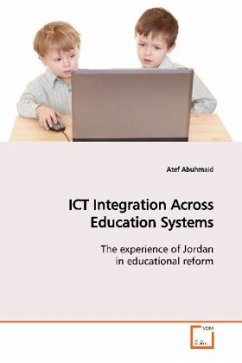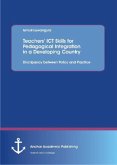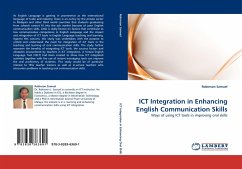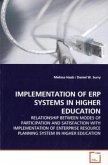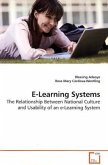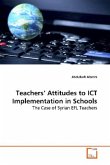Governments worldwide spend large proportions of
their budgets on integrating ICT across their
education systems, and the government of Jordan is
no exception. However, in the MENA region there are
warnings of a serious and widening gap between
current schooling outcomes and the skills required
for effective participation in globalised
workplaces. Therefore, the Jordanian education
system has implemented two major reform projects:
Education Reform for the Knowledge Economy (ERfKE),
and the Jordan Education Initiative (JEI). The two
initiatives aim to equip both the education system
and its students with skills and knowledge in order
to participate effectively in the information age.
This book sheds light on the role of several layers
of the Jordanian education system in planning and
implementing ICT initiatives and discusses issues
associated with each layer during the uptake of ICT.
The book provides an insight for policy makers and
educators who make decisions and implement ICT-based
educational reform projects.
their budgets on integrating ICT across their
education systems, and the government of Jordan is
no exception. However, in the MENA region there are
warnings of a serious and widening gap between
current schooling outcomes and the skills required
for effective participation in globalised
workplaces. Therefore, the Jordanian education
system has implemented two major reform projects:
Education Reform for the Knowledge Economy (ERfKE),
and the Jordan Education Initiative (JEI). The two
initiatives aim to equip both the education system
and its students with skills and knowledge in order
to participate effectively in the information age.
This book sheds light on the role of several layers
of the Jordanian education system in planning and
implementing ICT initiatives and discusses issues
associated with each layer during the uptake of ICT.
The book provides an insight for policy makers and
educators who make decisions and implement ICT-based
educational reform projects.

